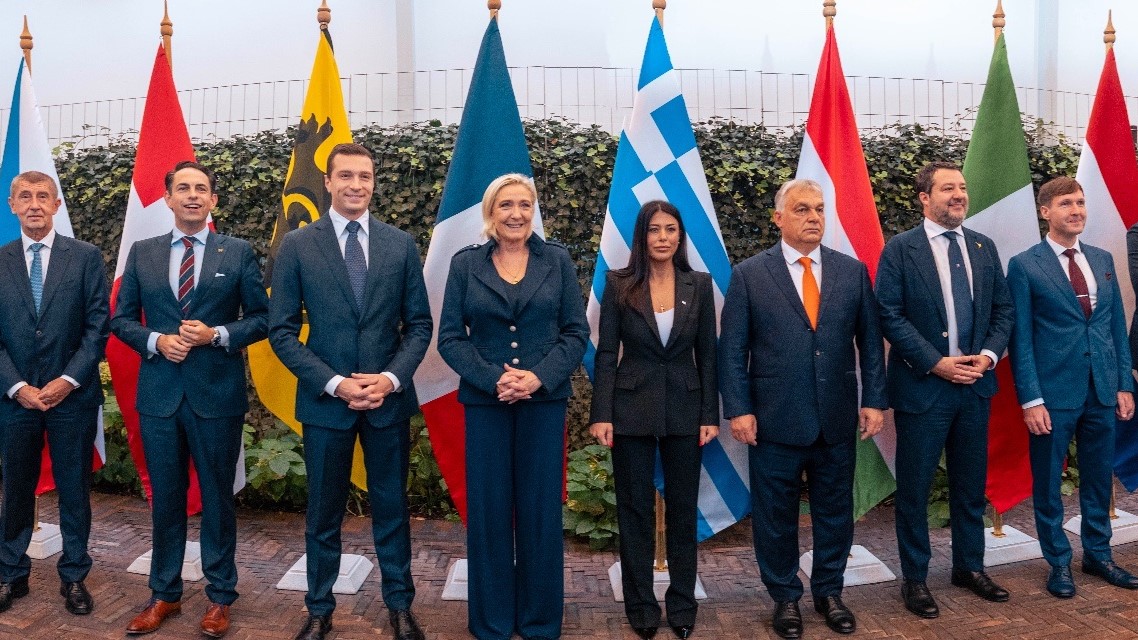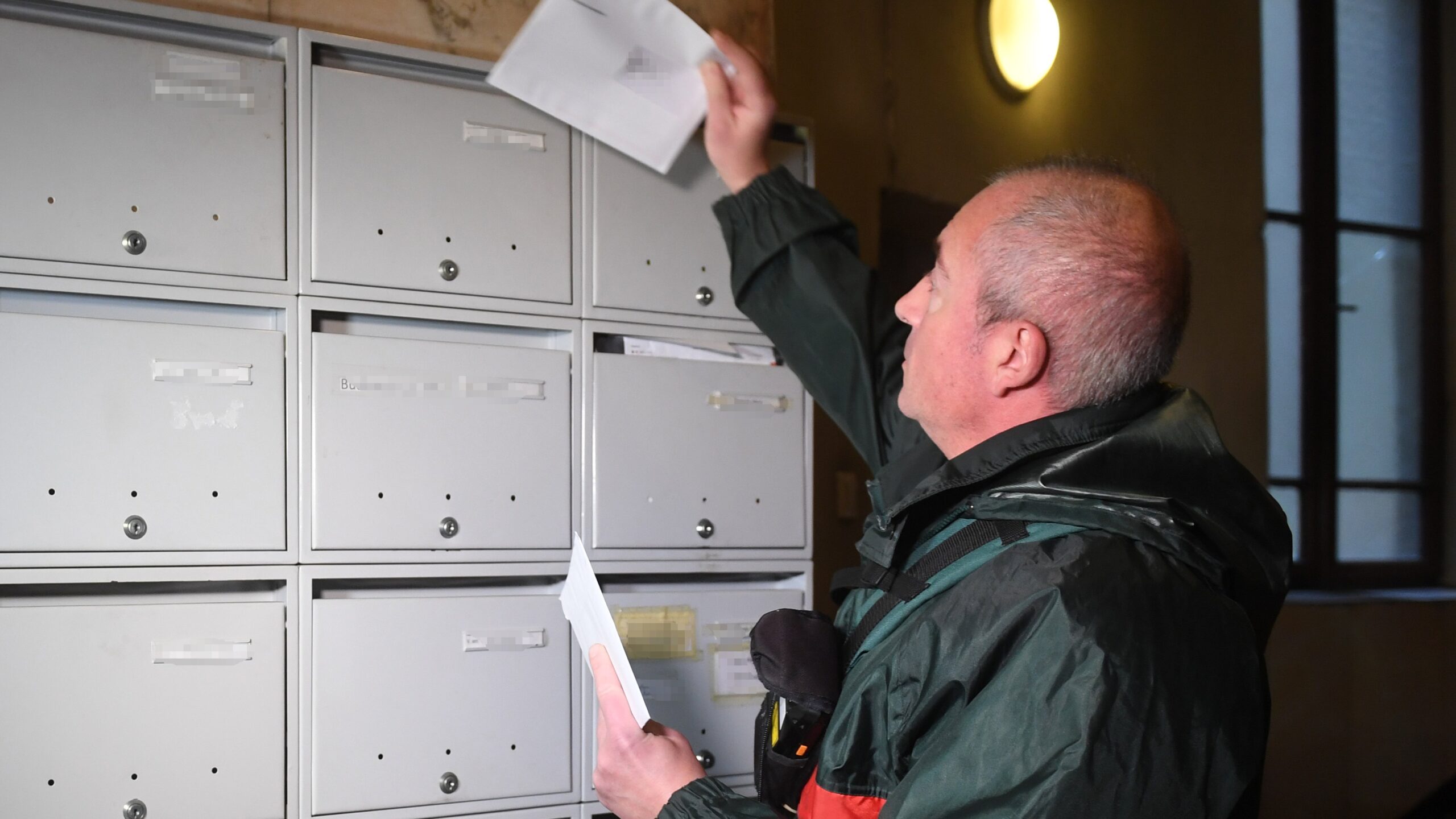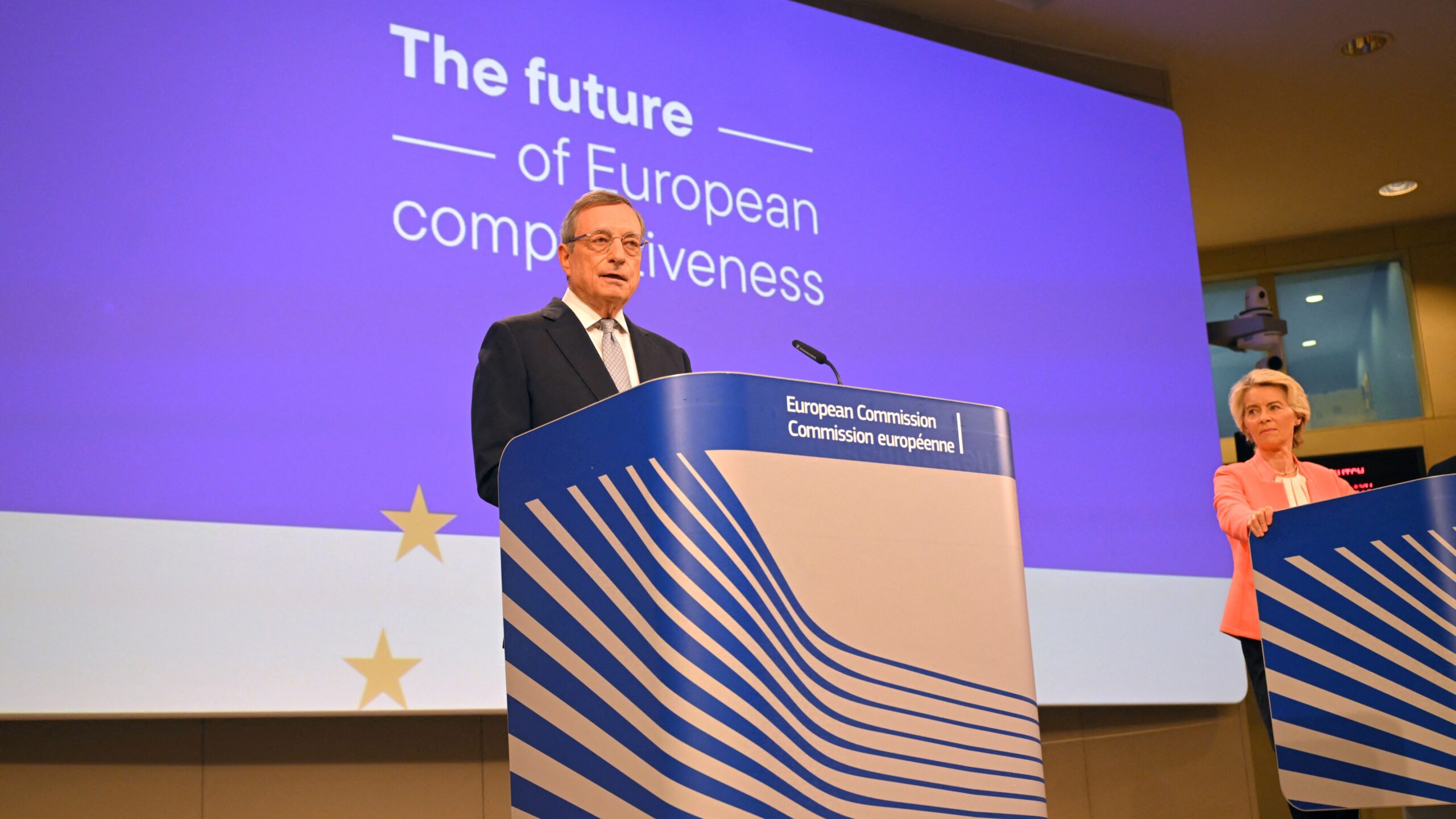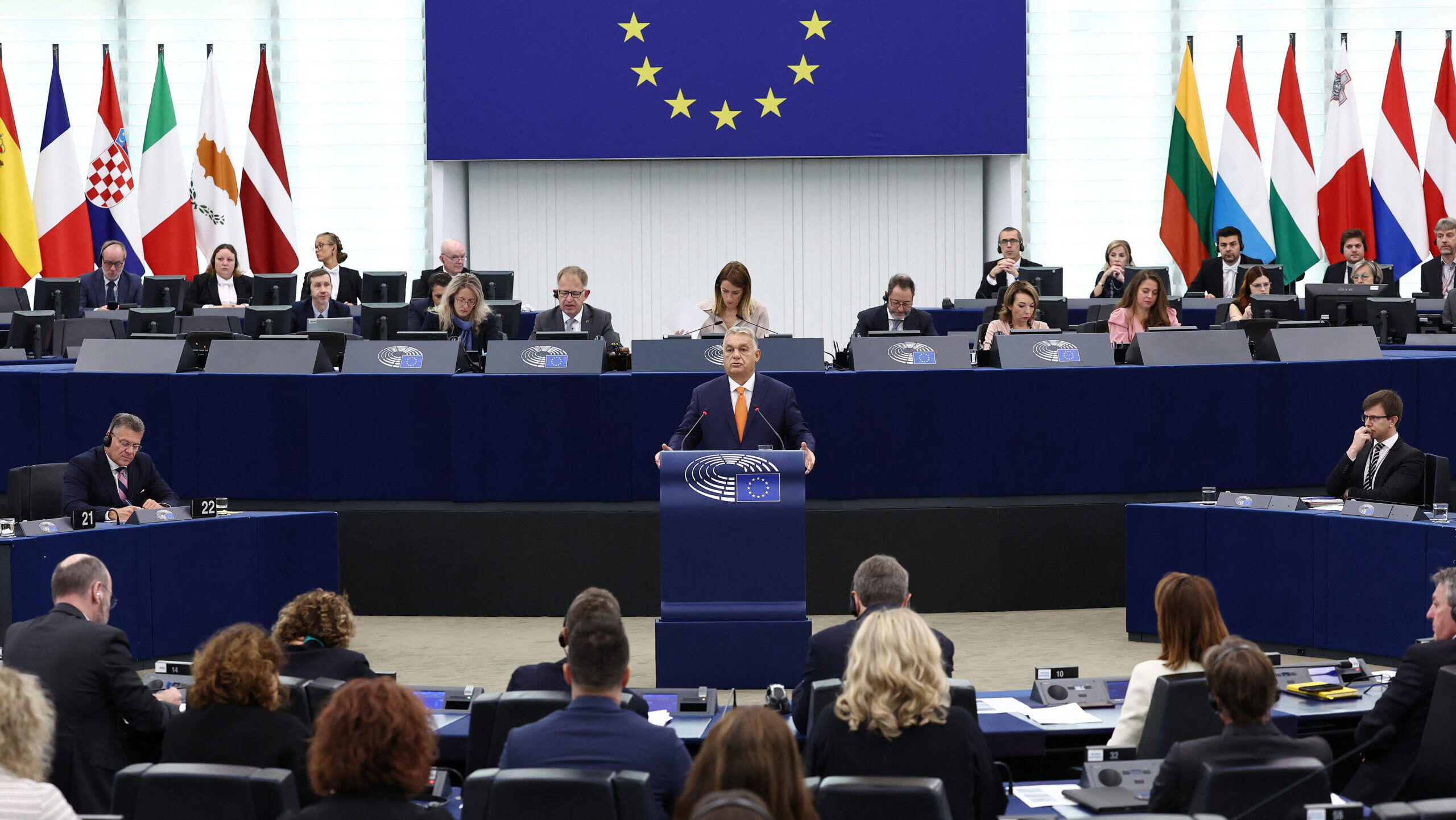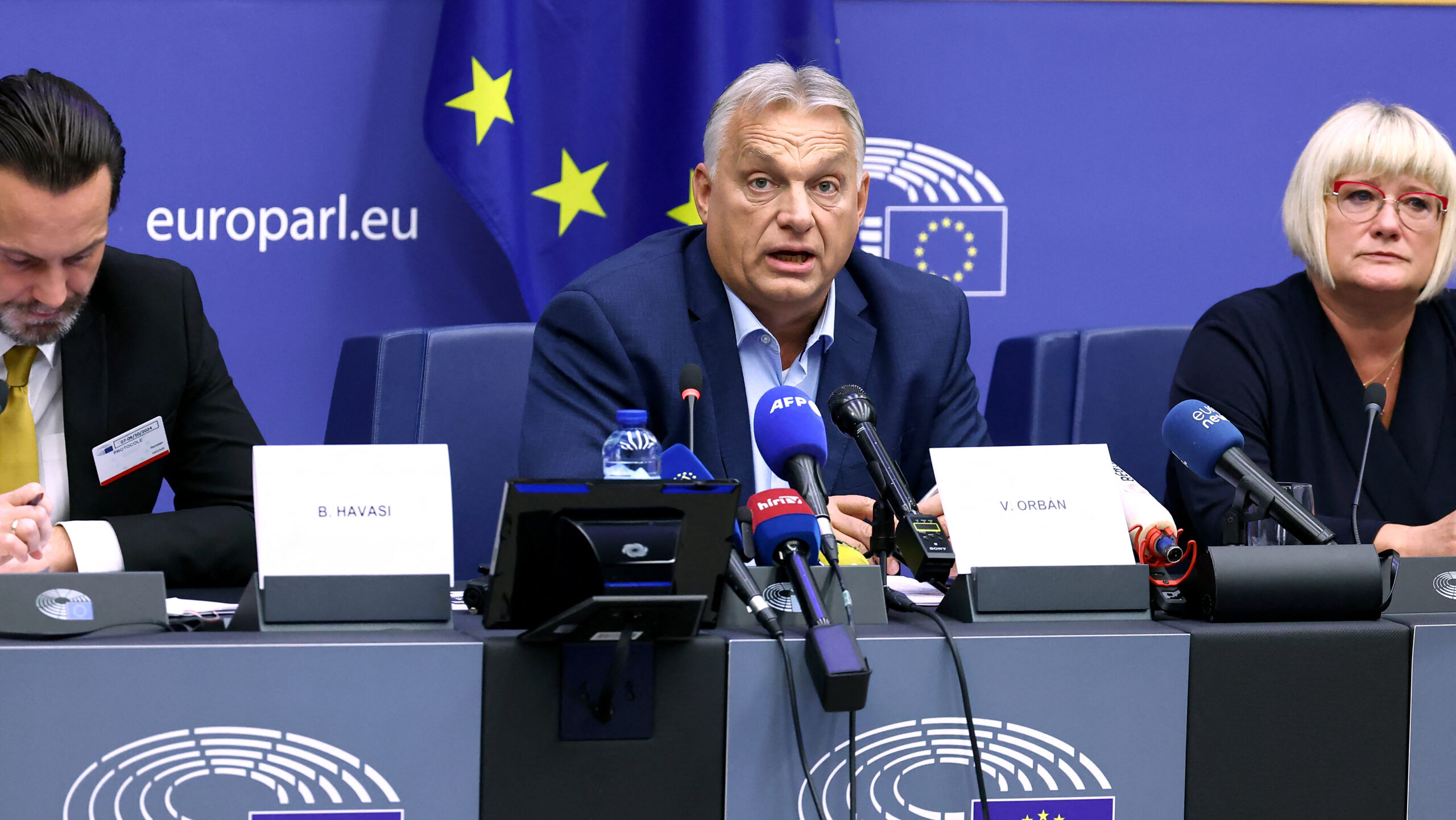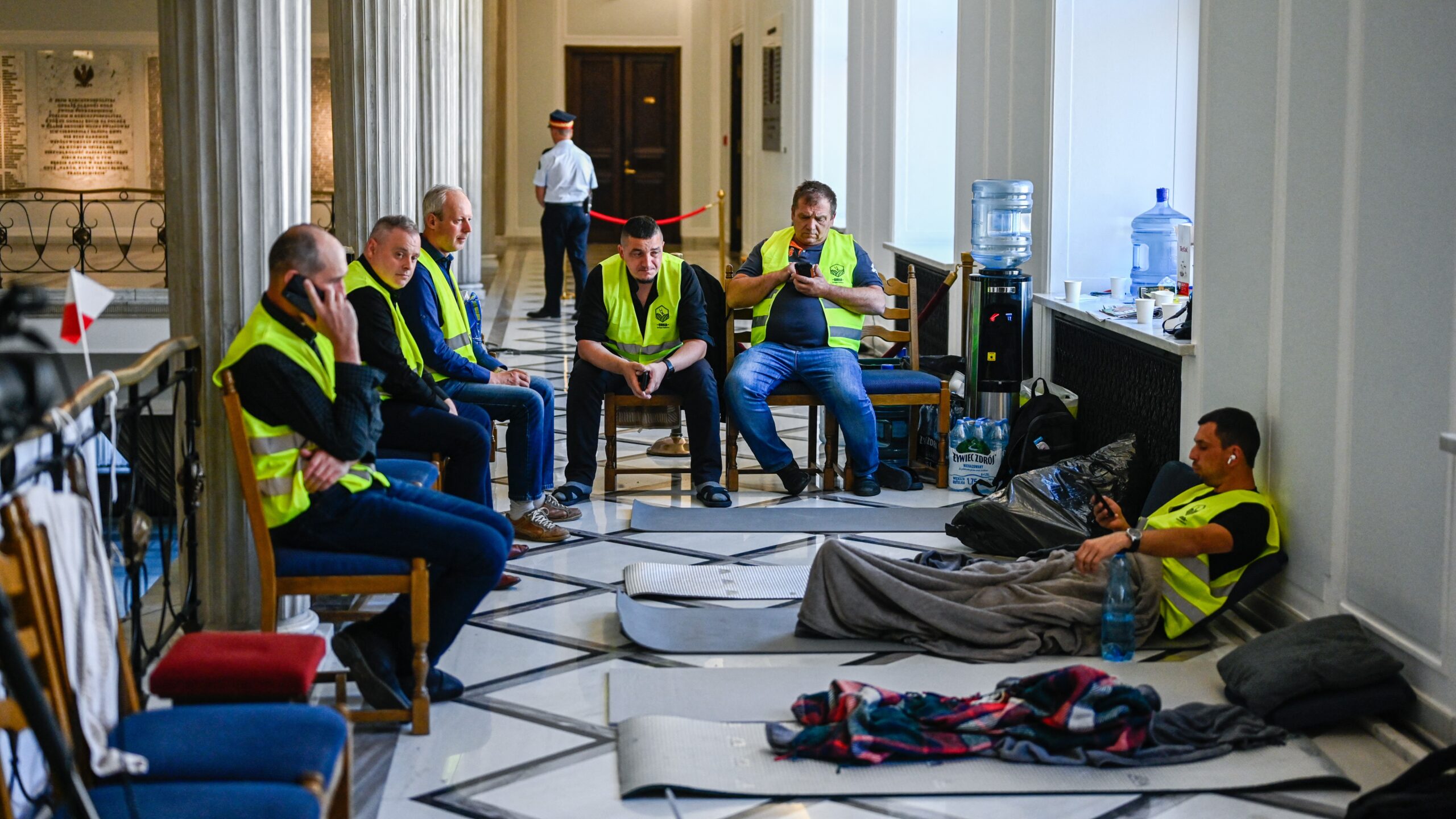
Centralization or Collapse? Draghi’s Controversial Plan to Save the EU — Part II
The Draghi Report suggests that the goals of defence industrial policy should be organically integrated into the discussions of the Foreign Affairs Council in its defence policy formation, allowing member states to come up with a common stance. The report also recommends the establishment of a centralized European Defence Industry Authority, which would oversee joint programming and procurement functions and centrally manage the defence acquisitions of member states.

